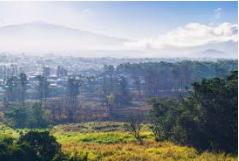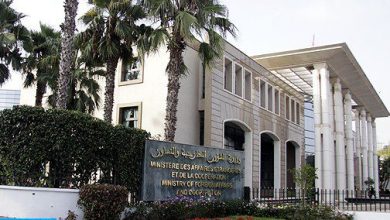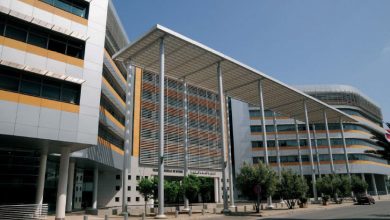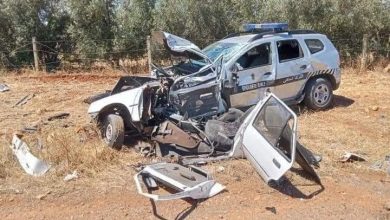More than 90% of bathing water complies with quality standards
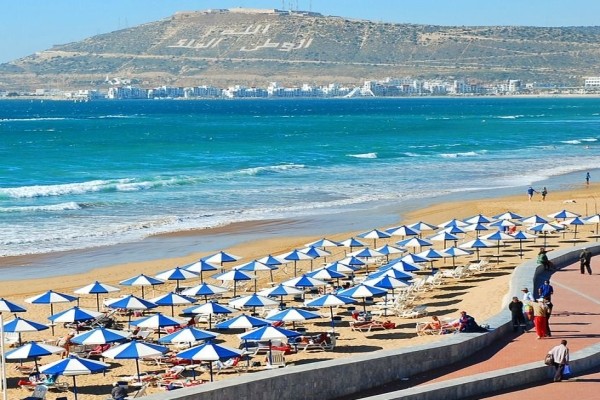
Hibapress
The compliance rate of bathing water from Moroccan beaches with microbiological quality standards reached 90.74%, announced the Ministry of Energy Transition and Sustainable Development in its report on bathing water, covering the year 2023.
“Of the 497 sampling stations, only 421 had a sufficient number of samples taken for classification. Thus, 382 stations (i.e. 90.74%) were declared to have microbiological quality in compliance with the requirements of Moroccan standard NM.03.7.199,” specifies the report (2024 edition) on “monitoring the quality of bathing water and sand from the Kingdom’s beaches”, the results of which were presented at a press conference on Friday in Rabat.
Furthermore, 39 stations (i.e. 9.26%), declared non-compliant for swimming for the year 2023, are subject to the influence of wastewater discharges and/or the high concentration of bathers, combined with insufficient hygiene infrastructure and also climate change, particularly with regard to the supply of sometimes polluted rainwater which directly reaches the beaches via watercourses, notes the report, specifying that these 39 stations are distributed over 22 beaches belonging to five coastal regions, namely Tangier-Tétouan-Al Hoceima, Rabat-Salé-Kénitra, Casablanca-Settat, Souss-Massa and Dakhla-Oued Ed-Dahab.
To face the threats from various sources of pollution, the report calls, among other things, for a strengthening of wastewater sanitation systems in coastal waters, in addition to the upkeep and maintenance of infrastructure and devices. sanitation at beach level, in addition to the implementation of the management measures recommended in the bathing water profiles.
Speaking on this occasion, the Minister of Energy Transition and Sustainable Development, Leila Benali, underlined that the beach monitoring program, carried out by the National Laboratory for Pollution Studies and Monitoring (LNESP), under the supervision of its Department, is one of the most important projects providing precise data on the Moroccan coastline.
Ms. Benali said that the monitoring of the quality of bathing water and the quality of beach sand concerned 497 monitoring stations and 196 beaches, including the typology of marine waste collected at 63 beaches, including 38 on the Atlantic and 25 in the Mediterranean, in particular the plastic/polystyrene category, noting that 184 bathing water profiles have been produced until 2023, of which 39 profiles have been updated according to the requirements of the NM standard .03.7.199.
In this sense, the minister noted a “slight improvement” which was recorded this year during the monitoring of compliant bathing stations, noting that “the biggest bet” remains the problem of waste, particularly plastics (90% ), which requires additional efforts to improve the quality of bathing waters and beaches.
Furthermore, Ms. Benali did not fail to welcome the efforts made by the Mohammed VI Foundation for the protection of the environment, chaired by Her Royal Highness Princess Lalla Hasnaa, who pays particular attention to the quality of the beaches, notably through the “Clean Beaches”, “Blue Flag” and “Bharblastic” programs.
In the same context, the minister announced that tools have been made available to citizens to help them know the quality of bathing water, in particular an application for smartphones (Iplages).
Remember that the evaluation and classification of bathing water is done in accordance with the Moroccan standard NM 03.7.199 which has been applied progressively since 2014 and generalized in 2019 on all beaches meeting the classification criteria.



